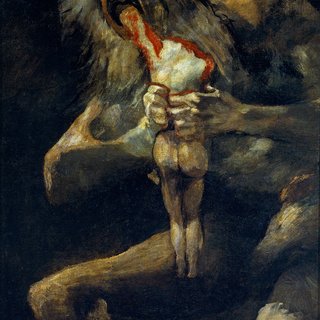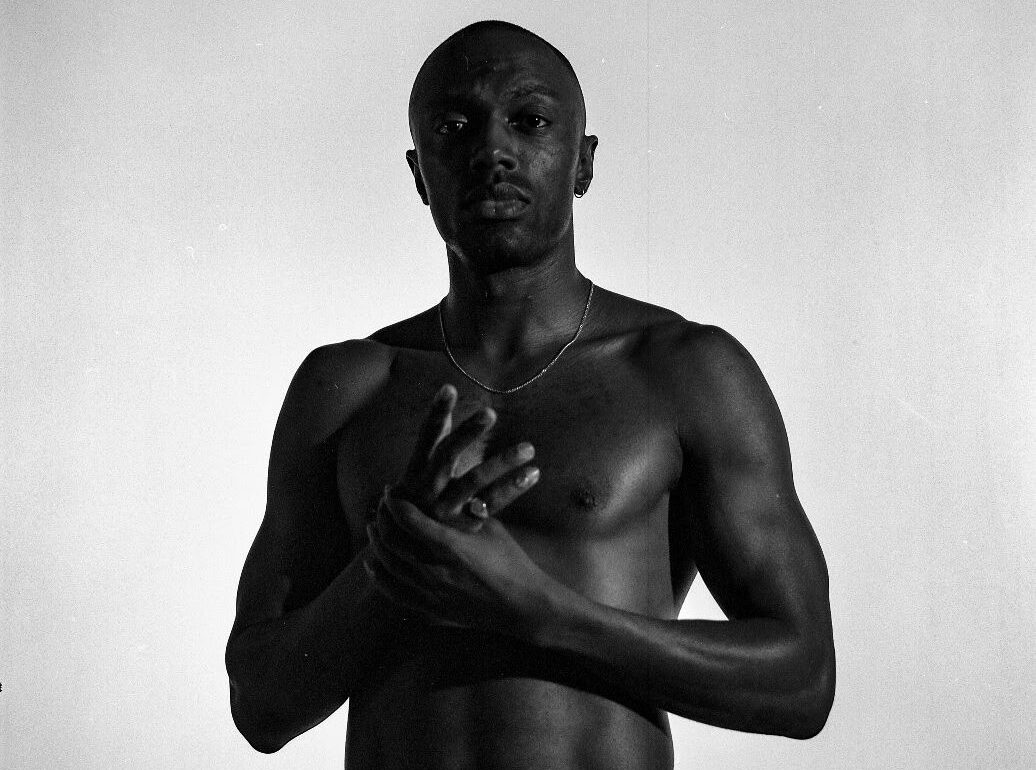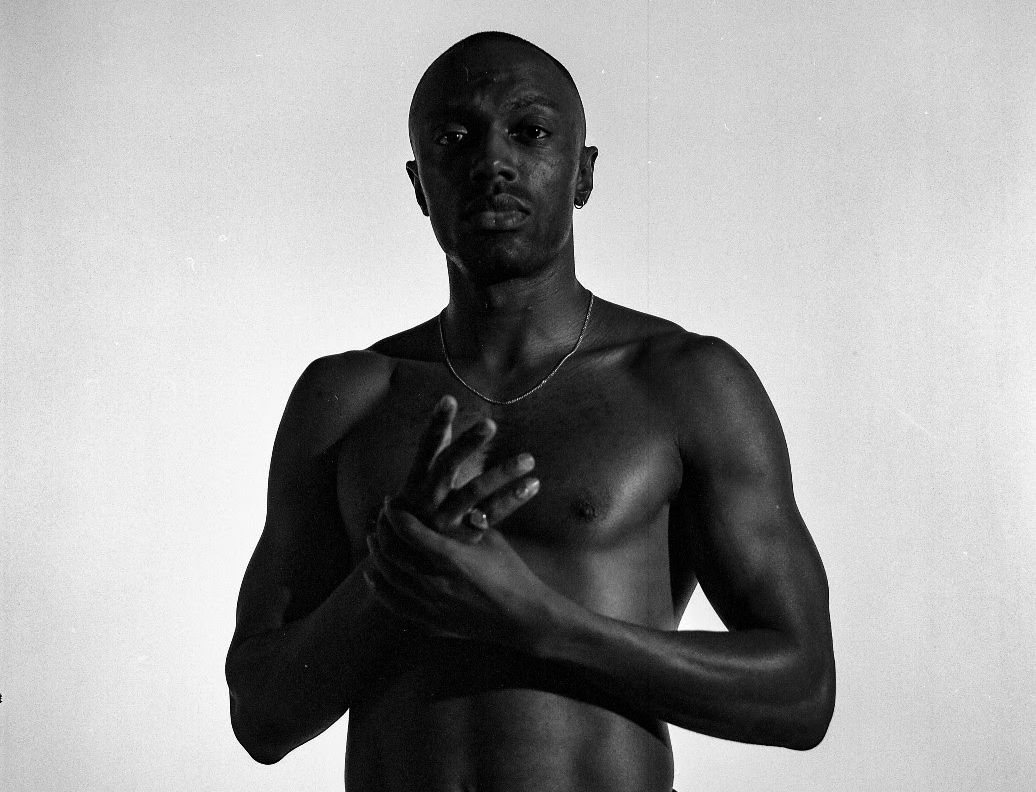“The whole point of Blood, Sweat & Fears is to give a voice to those in our community. There are whole regions within Wales that are surrounded by poverty due to being purely forgotten by those in government. Our biggest fear is that we are never seen or heard. So we want to create something that forces the world to hear us.” Newport-born artist L E M F R E C K is talking lucidly about the inspirations behind his excellent new album Blood, Sweat & Fears out on Noctown. His best and most ambitious body of work to date, confessional, engrossing and immersive, it captures his experiences of growing up in Wales whilst paying homage to his roots and community.
The things that drive him are the three pillars that make up the album: Community (Blood) his Energy (Sweat) and the things that scare him (Fears) “Especially over the last couple of years, I’ve taken a massive interest in the place where I grew up and the people around me at that time. Every narrative, every conversation that I’ve reminisced about all circled back to that, those three pillars. And a lot of the decisions were either made with those pillars in mind,” he tells me.
“We’ve got things to say, and we feel like we’re in a spot where we need to force the world to hear us say those things.” He emphasises, “So yeah, definitely, if I was going to go by one line of what this this project is supposed to be for, it’s making sure the world hears.”
Throughout the past year, L E M F R E C K has carried this message close to his heart, and given us a glimpse into his Blood, Sweat & Fears in the form of extended singles Vol. 1 (Into The Storm / Play With Silver / Death by Nyash / Red Hot) and 2 (Foreign / That Guy / Hennesy X Enemies) Each single was released in stages in an attempt to capture the moment: “I wanted people to just digest it and I felt alright, cool, If you if you put out singles, it’s not gonna hurt it.” He notes “Then when it all comes together, people want to see the full canvas and maybe get a different experience from it that way.”
Blood, Sweat & Fears features all tracks from Vol. 1 and 2, alongside eight new songs. Newport-raised, now London-based artist, L E M F R E C K , was nominated for the Welsh Music Prize for his excellent debut 2021 album the Pursuit, and he’s built upon that with a series of singles and superb, personality-filled live performances including at Swn festival where I saw him last year.
L E M F R E C K’s music skirts the lines of hip-hop, dub and grime, influences grooves and gospel, carrying with it his unmistakable stamp and unique voice fired by his own experiences and the poverty and injustice in his community. There’s an intensity and lazer-focused detail, at the core of his delivery, naturally shifting from flow to singing. Blurring genres seamlessly, his songs informed by his roots as a Newport gospel session artist, his time as a producer for the Pirate grime scene in Bristol and Wales, to the present day where he’s immersed himself in South London’s flourishing music scene. He agrees it’s an immersive body of work “100%, my favourite albums, or the music I enjoy the most thave that ability to make you get lost in something. So, I think without actually meaning to do that- that’s what happened when I’m working on it.“
Three tracks at the heart of the album focus on a specific narrative line of a relationship and the effect it can have on your own self-esteem: ‘Into the Storm’ featuring Jeannel, the besotted sways of ‘Play with Silver‘ and the insidious ‘Death by Nash‘ featuring Manga St Hilare , and’Into the Storm’ which“was a weird one because it’s written in hindsight.” He explains, “It’s a track that sets up the whole project because it’s like, okay, this is how I understand things and these are my thoughts on those things, now I understand.“
“So ‘Play with Silver’ is actually about lust, infatuation and falling in love, when you really didn’t need to. Then ‘Death by Nash’ is the result of that, if that makes sense. Like what happens when you do that. It’s weird that those are the three that you name because they have like a red line, through them.”
The second volume takes an even darker more introspective turn. He has another fascinating set of inspirations for it. “Volume Two is a lot darker, it’s almost when you reflect too much, and you’re starting to see the cracks within yourself, as well as the people around you. And I think that’s the volume, it’s almost like when you just start therapy and you’re like, Oh, I’m learning so much about myself, I’m, oh, this is the reason why this and this and this, and then like to is the moment where you realize it’s not always the world’s fault why you’re like this? And sometimes it is the world’s fault, for example, in ‘That Guy’ which is specifically about how racism has hardened my heart or how the lack of respect has hardened my heart.”
“There’s an artist called Goya who after all of his acclaim and after making some of his most beautiful work retired off to become a recluse somewhere. He had this set of paintings called the Black Paintings. it mirrors what I was writing then, I was really obsessed with Goya and Black Paintings, and just how dark they were.”
“There’s one, it’s called revenge of Saturn Devouring. It’s an image of Saturn, the god eating his son because there was a prophecy that his son was going to kill him, so he wanted to stop the prophecy. If you ever see the image is like, really dark. You see the anguish, you see the panic, someone on the outside might think oh, my gosh ‘you’re doing all that for prophecy?’ But to this character that Goya has painted, it’s true, it’s inside them as deep and I felt like Saturn while I was writing this.”

‘Foreign’ is a deep song riven with a reverberating bass beat and with Lem’s insight confidently pushes back on discriminatory narratives and the hypocrisy of racists who claim that you are “foreign” because you don’t look how they expect a Welsh person to look. Yet our entire consumer society is built on foreign goods and on the backs of the migrant community who have settled here and built a life here: “It is about the negative connotations, it’s always forced on being foreign. What even is foreign? Some people would look at me and think I’m foreign, even though I’m from Wales. It’s probably the most egotistical track on there. It’s like two fingers up to these people. It’s like you see me as a foreigner or see me as being foreign, yet, all the concepts or the talk about or the car that I’m driving is foreign and the girl that I’m dating is foreign, like everything you want from me, or everything that I currently possess that you want.”
‘That Guy’ is a scathing commentary on racism and online abuse, with languid beats and illuminating keys, and his trademark delivery that possess a strong inner confidence as his prescient bars burn bright as they take apart the racist abuse of a brazen troll, and questions how this can still happen in 2023? “I wrote ‘That Guy’ off the back of being racially abused on social media. After the events over the past year, I just couldn’t understand, firstly, how it’s still an issue that isn’t getting better, but also how the perpetrators can be so fearless. I was like so you got my attention. I’m entertaining this. So like, what? What have you got? And how far are you prepared to go? I’ve always had zero tolerance for this kind of thing, so I just couldn’t comprehend how they weren’t able to consider any consequence to their actions?”
“There’s a real dangerous rhetoric online at the moment there are a lot of people coming out of the woodwork and they’re like ‘You’re not Welsh’. “ He continues “So my cousin’s got Ashley Hewitt, who is an he’s a rugby player for Wales and the Dragons, right? And he gets so much stick. I don’t think people understand how much stick we get online and on social media. As soon as we claim to be Welsh people get angry about that. It’s gotten to a point now where it doesn’t it doesn’t personally affect me like it used to like if you if someone had said that to me, when I was a kid, we would have kicked off. What is just wild is that thought. That dynamic of something that doesn’t necessarily look like something, being something which is really interesting.”
Although he’s experienced discrimination and he is calling for the voice of his marginalised community to be heard, he hasn’t let anger consume him, he’s a positive and inspiring presence and a artist who steps out of stereotypes “It was not easy. I have made mistakes, I have entertain things that I shouldn’t have entertain but at the end of the day, like it is that strength that gets you through it, otherwise you won’t get through it. It was something my parents taught me very early, like when I was a kid was like, Listen, “this life is not easy, especially being a person of colour, is not easy.’ So, if you haven’t got the strength to bounce back and there are people are people that have failed and I know there are members of my community that didn’t have enough strength to bounce back, and it has affected their lives.”
“There used to be characters locally when I was younger, where I’d always wonder why they were so angry. I always be like, and it’s usually like the men of our community and the older men of our community and I am asking why are you so angry that why? And it was a genuine hate the world sort of anger. And as I get older, honestly, I’m telling you now every day I grow that I realize it’s another day I’m like, I understand I understand I get it.”
The closing and title rack is particularly intense and personal, with down beat simmer and a confessional tone that pours forth. “That was like the first one I made. That was the first track I made from the whole project. And it set that precedent.” He tells me “But also, I think I’m at a point now where I don’t really want to make music unless its personal. It’s just not the reason I’m in this, it’s because I find it as a way to tell stories to tell narratives, to say how I feel. So if I’m not doing that, I’m not really keen.”
At the end of the record as well as acknowledging his fears there’s a strength in L E M F R E C K’s narratives. Blood Sweet and Fears, takes you on a journey and at the end despite the bitter experiences and the injustice he has witnessed he posses a strength. “My dad has this saying ‘life’s hard, just don’t let it harden your heart’ and that’s not necessarily just about the music industry. I think it’s more to the the community I grew up in. When I go back to Newport and areas in Newport that I grew up in St. Julian’s, I see a lot of the world letting those communities down. I see a lot of just hardship that then reflects itself on to how I feel about the world.“
“One of my biggest fears is the fact that I’m scared that when I die, no one will ever hear that the stories that I have to tell or, or the point of view that I have”, he confesses, “so that’s why I’m here and that’s why I put out art. That’s why I make sure I’m personally in my music and in my storytelling and all because when I’m gone I want this to be here.”





